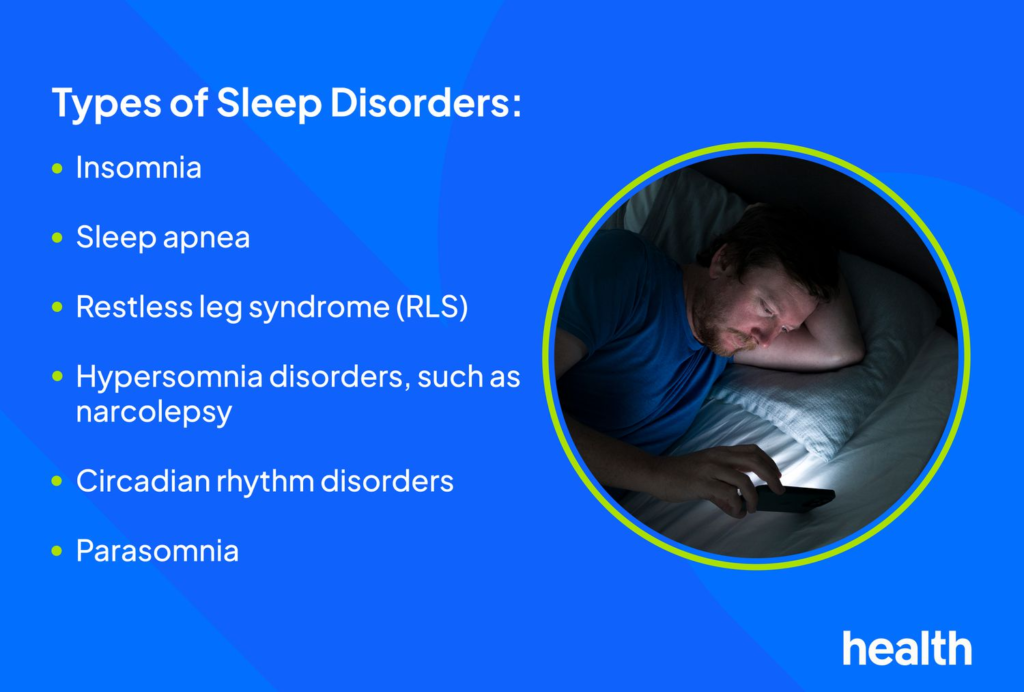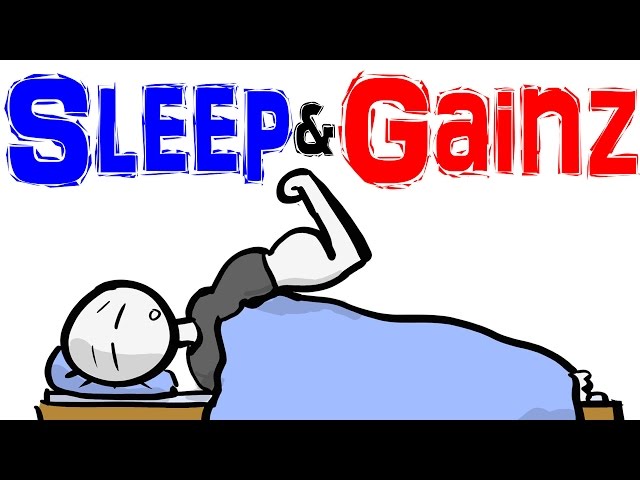Sleep is essential to our daily lives, critical to physical recovery, mental health, and overall well-being. However, in our fast-paced world, where the demands of work, family, and social commitments often take precedence, people frequently overlook the significance of sleep.
This guide will explore how optimizing your sleep can enhance physical recovery, boost cognitive function, and improve overall performance. Whether you’re an athlete striving for peak performance or seeking better health and productivity, understanding and prioritizing sleep is crucial for unlocking your full potential.
Understanding Recovery
Recovery refers to the process through which the body and mind restore themselves to optimal functioning after periods of exertion, stress, or injury. It is an essential aspect of maintaining health and performance, as it allows for the repair of tissues, replenishment of energy stores, and balancing hormones.
Effective recovery ensures that we can continue to perform at our best, whether in daily activities, athletic endeavors, or professional responsibilities. Without adequate recovery, the risk of injury, burnout, and diminished performance increases significantly.
During sleep, the body undergoes numerous repair and regeneration processes. The body repairs and builds muscle tissue, secretes growth hormones, and bolsters the immune system.
The Science of Sleep
Sleep is a complex process with multiple stages, each playing a unique role in recovery and overall health. Rapid Eye Movement (REM) sleep and non-REM sleep broadly categorize these stages, including light sleep, deep sleep, and the transition stages between them.
Rapid eye movements, increased brain activity, and vivid dreaming characterize REM sleep. During REM sleep, the brain processes and integrates experiences from the day, which is vital for mental recovery and psychological health.
Deep sleep, also known as slow-wave sleep (SWS), is the most restorative stage of sleep. During this period, the body focuses on physical recovery. Growth hormone is released, which aids in tissue repair and muscle growth. It also strengthens the immune system, helping the body fight infections and diseases.
Deep sleep is essential for physical restoration, energy replenishment, and overall health.
The body’s circadian rhythm is an internal clock regulating the sleep-wake cycle over a 24-hour. Disruptions to this rhythm, such as those caused by irregular sleep schedules, shift work, or exposure to artificial light at night, can impair the quality and timing of sleep.
The Importance of Sleep Quality vs Quantity
While it is important to get adequate sleep, typically 7-9 hours for adults, the quality of that sleep is equally vital. High-quality sleep means progressing smoothly through the various sleep stages, particularly deep sleep and REM sleep, which are essential for physical and mental restoration. Poor sleep quality, characterized by frequent awakenings or insufficient time in restorative stages, can lead to sleep debt.
Sleep debt accumulates when the body consistently receives less sleep than it needs, leading to impaired cognitive function, weakened immune response, and increased risk of chronic conditions such as obesity, diabetes, and cardiovascular diseases.
Sleep Optimization Techniques
Sleep hygiene refers to habits that promote consistent, restful sleep. Key practices include maintaining a regular sleep schedule, creating a comfortable and dark sleep environment, limiting exposure to screens before bedtime, and avoiding caffeine and heavy meals in the evening.
Naps can also play a valuable role in recovery, particularly for those who struggle to get sufficient nighttime sleep. Short naps of 20-30 minutes can boost alertness and improve mood without interfering with nighttime sleep.
Additionally, managing stress through mindfulness and meditation can significantly enhance sleep quality. Deep breathing, progressive muscle relaxation, and guided imagery can calm the mind and prepare the body for sleep. Incorporating these practices into a daily routine can help reduce stress and promote relaxation conducive to falling and staying asleep.
Lifestyle Factors Affecting Sleep
Several lifestyle factors significantly influence sleep quality and, consequently, the recovery process. Consuming heavy, spicy, or sugary meals close to bedtime can disrupt sleep, while a balanced diet of nutrients supports better sleep.
Caffeine, a stimulant found in coffee, tea, and many sodas, can hinder the ability to fall asleep if consumed late in the day. Similarly, while alcohol may initially induce sleep, it can disrupt sleep cycles and reduce sleep quality.
Regular exercise promotes deeper, more restorative sleep, but intense workouts too close to bedtime can have the opposite effect.
Screen time, particularly exposure to blue light from devices like smartphones and tablets, can interfere with the body’s production of melatonin, a hormone that regulates sleep. Limiting screen time in the hours leading up to bedtime or using blue light filters to minimize this impact is advisable.
Common Sleep Disorders

Insomnia, characterized by difficulty falling or staying asleep, often leads to chronic fatigue and impaired daily functioning. Sleep apnea, a condition where breathing stops and starts during sleep, can result in fragmented sleep and severe health issues if untreated. Jet lag, caused by rapid travel across multiple time zones, disrupts the body’s circadian rhythm, leading to temporary sleep disturbances.
While occasional sleep disruptions are common, persistent or severe symptoms warrant professional help. Consulting a healthcare provider is essential for diagnosing and managing these disorders effectively, ensuring they do not compromise long-term health and recovery.
Tools, Technology, and Sleep Aids
Sleep tracking apps and wearable devices monitor sleep patterns, providing insights into sleep duration and quality and identifying disruptions. These tools can help users make informed adjustments to their sleep routines.
Additionally, natural sleep aids like melatonin supplements can help regulate the sleep-wake cycle, especially for those experiencing jet lag or shift work. Medical sleep aids prescribed by a healthcare provider can also be effective for treating specific sleep disorders, such as insomnia.
Expert Opinions/Quotes
Dr. Matthew Lee, a researcher, states, “Sleep is the single most effective thing we can do to reset our brain and body health each day.” He underscores the importance of sleep quality and quantity in physical and mental recovery. Prioritizing sleep, therefore, is a fundamental aspect of maintaining a healthy lifestyle and achieving peak performance in all areas of life.
Frequently Asked Questions
How does sleep contribute to recovery?
During sleep, especially deep and REM sleep, the body undergoes processes that promote physical healing, immune function, and cognitive restoration. Adequate sleep ensures the body and mind are rejuvenated and ready to perform optimally.
How do lifestyle factors, like exercise and stress, impact recovery?
Regular exercise promotes better sleep quality and enhances physical recovery by stimulating muscle growth and improving cardiovascular health. On the other hand, chronic stress can disrupt sleep patterns and impair recovery processes by increasing cortisol levels and impacting immune function.
How can I improve my sleep hygiene for better recovery?
Improving sleep hygiene involves adopting practices that promote consistent, restful sleep. It includes maintaining a regular sleep schedule, creating a comfortable sleep environment that is cool, dark, and quiet, limiting screen time before bed to reduce exposure to blue light, avoiding large meals and caffeine close to bedtime, and establishing a relaxing bedtime routine.



